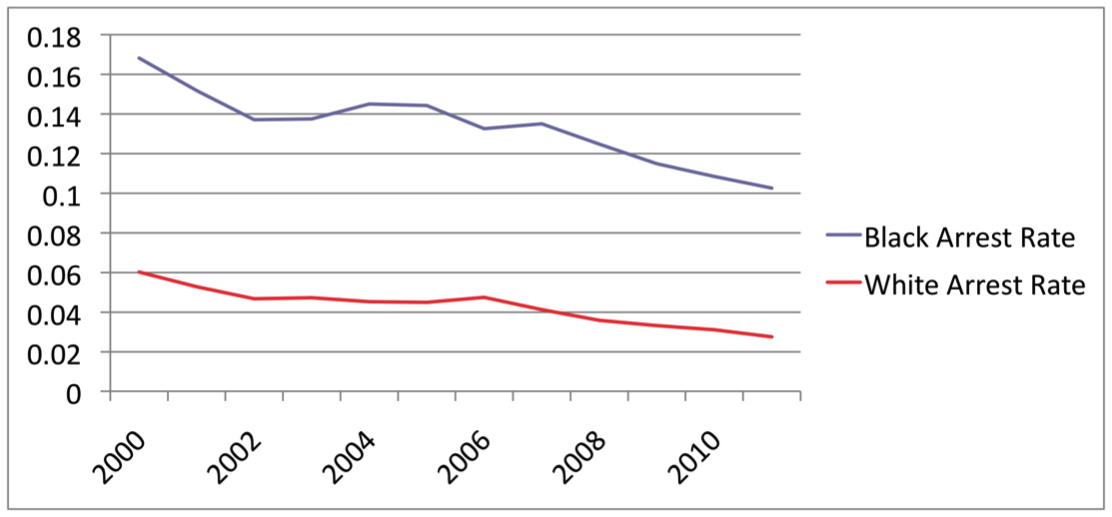Sunday on my statewide television show UpFront, I asked Milwaukee Police Chief Ed Flynn a simple question. Given the recent rash of shootings and homicides in Milwaukee, what would he say to out-state residents who might be wondering whether the city is safe?
“As long as they’re not coming here to engage in crime,” the Chief responded, “they’re safe.” Flynn said Milwaukee has one of the safest big-city downtowns in the country, but it also has a well-armed criminal community. According to the chief, 85 percent of Milwaukee’s victims and 95 percent of its offenders in gun-related cases have significant criminal records.
To address the spike in violent crime, Flynn and Mayor Tom Barrett asked the state to kick-in $500,000 for additional police overtime. But their suggestion didn’t get a warm reception from Assembly Speaker Robin Vos. In an interview with WisconsinEye’s Steve Walters, Vos criticized how city officials were running the department, and said the strategy to combat violence in Milwaukee isn’t working.
Nearly two dozen shootings in a week. Seven gun-related murders in seven days. The recent events have led to a fierce public debate. Was Milwaukee well on its way to becoming Detroit? Had police strategies to combat violent crime failed? Or was Milwaukee no different from many other big cities which have experienced similar spikes in crime?


